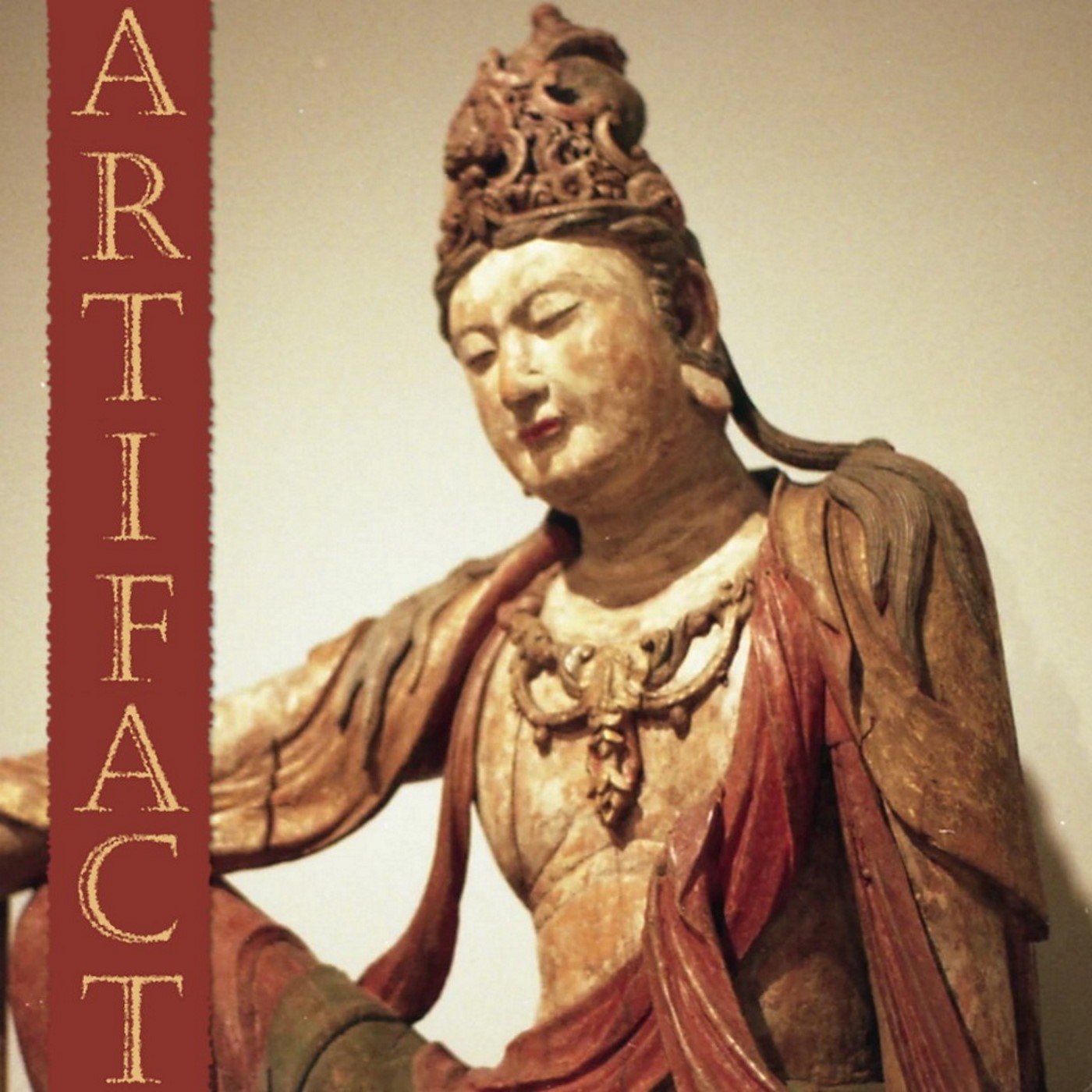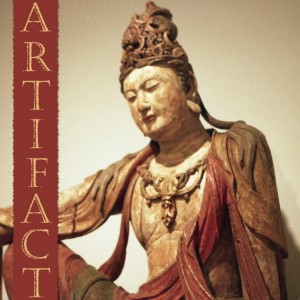
9.1K
Downloads
64
Episodes
The ArtiFact Podcast is a long-form show on books, culture, painting, and music hosted by Alex Sheremet, Joel Parrish, and a revolving door of co-hosts and guests. Each subject is covered in depth and at length, with past shows featuring the Epic of Gilgamesh, Charles Johnson's "Oxherding Tale", Leonard Shlain’s "Art & Physics", John Williams's "Stoner", and more. Opinionated, controversial, and prone to making enemies and friends of friends and enemies, ArtiFact delivers new perspectives on the arts by artists of talent.
Episodes

Monday Jul 19, 2021
Monday Jul 19, 2021
In 1992, Edward P. Jones published what might very well be his best work of fiction: Lost in the City, a short story collection that deals with (mostly) black characters in Washington, D.C., set between the 1950s and 1990s. Primarily working through understatement, an amalgamation of poetic and prosaic style, and competing POVs, many of these characters could have been of any race, dealing with his characteristically “mature” drama in any time period. How does Edward P. Jones achieve these effects? Does he effectively move between the criminal and the working class, the religious and the disconnected, or does he have a preferred turf? What structural choices does Lost in the City make? Finally, how does Edward P. Jones use race – and why is it better, more credible, and deeper than the ways race gets misused by modern authors?
Alex Sheremet and Keith Jackewicz discuss these and other questions.
You may also watch this discussion on our YouTube channel: https://www.youtube.com/watch?v=ihC2Fj6Vnw8
Timestamps:
0:24 – “I said, ‘I don’t need this anymore…’”
0:43 – introducing Edward P. Jones, Lost in the City, subjective/objective responses, the role of understatement
12:56 – Story 1 – The Girl Who Raised Pigeons – a father’s projection, encroaching danger, unexpected character arcs, stipulated meaninglessness
46:08 – Story 2 – The First Day – extremely compact writing, dueling child/adult POVs, growth of the narrator
01:06:54 – Story 3 – The Night Rhonda Ferguson Was Killed – the fame lottery vs. racial politics, an ending that belies the children’s own sense of ‘adulthood’
01:28:04 – Story 4 – Young Lions – good, gradual characterization with an overlong middle; Keith on Caesar vs. community access
01:48:37 – Story 5 – The Store – Edward P. Jones’s best story? overturning stereotypes + archetypes, how to turn the prosaic poetic, character maturation
02:22:52 – Story 6 – An Orange Line Train To Ballston – a tight, realistic character sketch
02:28:19 – Story 7 – The Sunday Following Mother’s Day – surprising character arcs; Edward P. Jones playing off of competing + changing reader empathies
02:44:16 – Story 7 – Lost in the City – finding new territory in the “drugged-out haze” narrative
02:51:00 – Story 9 – His Mother’s House – Edward P. Jones goes Quentin Tarantino, and that’s no compliment
02:59:40 – Story 10 – A Butterfly on F Street – character sketch + unexpected trope inversions
03:01:54 – Story 11 – Gospel – gossip, religion, hypocrisy
03:07:35 – Story 12 – A New Man – one of the more mysterious, almost metaphysical stories from Edward P. Jones
03:20:00 – Story 13 – A Dark Night – another quick character sketch
03:27:14 – Story 14 – Marie – the POV of both a limited & powerful character, with a great, multi-faceted ending
Read the latest from the automachination universe: https://automachination.com
Read Alex’s (archived) essays: https://alexsheremet.com
Dan Schneider’s review of Lost in The City: http://www.cosmoetica.com/B235-DES175.htm

No comments yet. Be the first to say something!